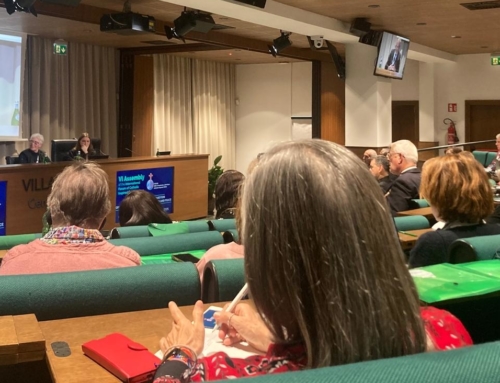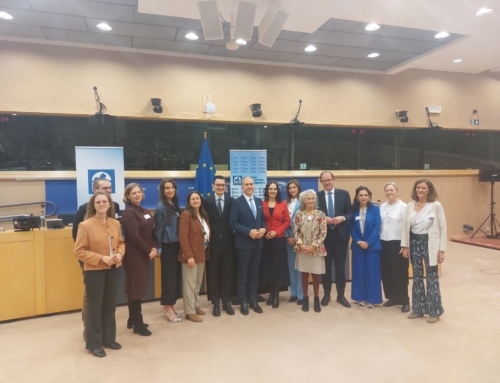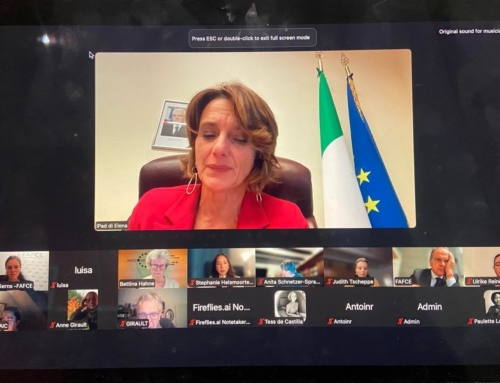Brussels, 4th December 2024
The following is a translation of an opinion article by FAFCE President Vincenzo Bassi published by Avvenire in Italian on 4th December 2024.
Between Politics and Markets: How International Events Impact the Family
What is Europe’s future in light of global political shifts, such as the recent changes in US leadership? With the election of President Trump, trade relations between the United States and the European Union are likely to be recalibrated. In 2022 alone, the US trade deficit with the EU exceeded $131 billion. Globalisation, understood as a multilateral phenomenon of unifying international markets, continues to evolve and is a crucial issue for Europe. This is especially pressing as the new European Commission takes office, Germany approaches pivotal elections, and France grapples with political uncertainty.
Change inevitably generates uncertainty. From the perspective of families, however, it is vital to critically examine globalisation and its negative aspects. Small and medium-sized family-owned enterprises are becoming increasingly marginalised, and local economies are losing their importance.
Since the late 20th century, national economies have sought greater interconnectedness with those of other nations. In Europe, this has been a natural progression, as citizens are accustomed to fewer borders. This is a positive development. Yet, fierce competition among businesses and shifting economic priorities suggest that the goal of economic systems has shifted from ensuring citizens’ material well-being to achieving global market competitiveness.
In this mercantilist context, productivity has become a near-universal mantra for politicians, bankers, and entrepreneurs alike, aiming to boost exports and facilitate foreign acquisitions of domestic companies. However, a global market-driven economy that neglects the needs of families and communities has severe social and economic consequences.
Many businesses, particularly smaller or less specialised ones, struggle to remain competitive in the global marketplace, leading to precarious employment opportunities. Increased productivity often translates into longer working hours or lower wages, affecting families by reducing parental time for childcare and elderly care, further exacerbating demographic challenges.
Despite increased productivity, there is not always a corresponding rise in domestic demand. Household savings have decreased, while average debt levels have grown. In rural areas, many communities are on the periphery of global production chains. Young people, feeling isolated, are hesitant to form stable relationships or start families. These trends negatively impact public finances, already burdened by slow economic growth, rising social spending due to ageing populations, and increased taxation.
An Ever-More Global and Indifferent Economy – But Families Need a Different Balance
Faced with the precarious situation of many families, should we not explore new economic and social balances, moving away from consumerism driven by imported goods and services? Investing in local economies, characterised by small and medium-sized enterprises—including social enterprises—could provide families with the support they need. This approach would embody the principle of subsidiarity and mitigate the damage caused by an economic system that often extracts value from communities, leaving them behind in favour of lower-cost markets.
Investing in forms of mutual family support can empower families to spend within their communities, creating local employment opportunities for those who might otherwise leave. This is not about promoting populism or reverting to outdated nationalist protectionism. Rather, it echoes the vision of European founders such as De Gasperi, Schuman, and Adenauer: fostering a healthy sense of solidarity that enables nations to live in peace, with open borders and a spirit of reciprocity.
This reciprocity is often forgotten in the face of ideological globalisation and bureaucratic systems, including supranational ones. Yet it remains essential for building an economy that truly serves families and communities.







